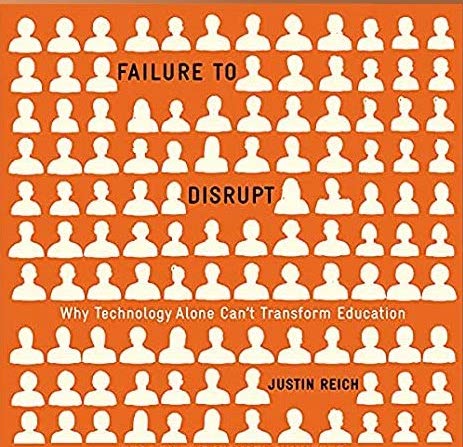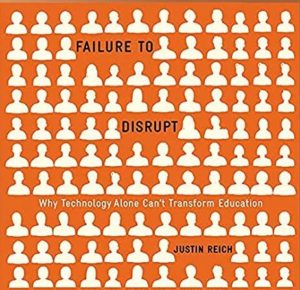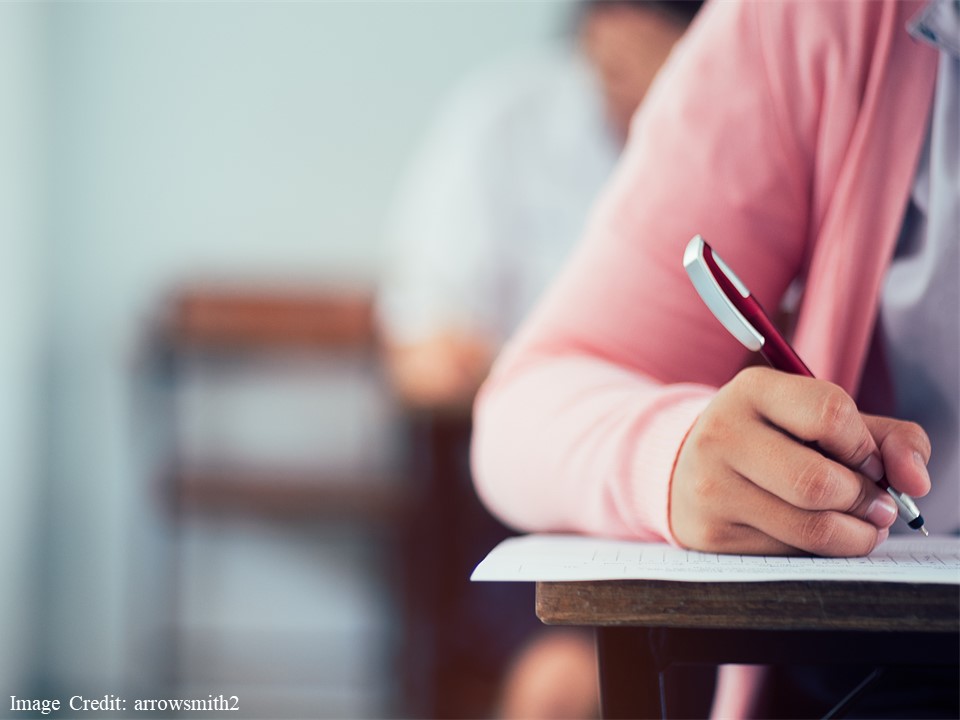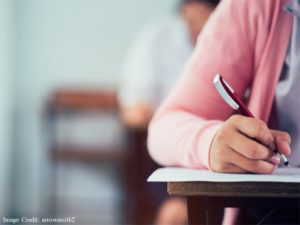Sometimes research confirms our prior beliefs.
Sometimes it contradicts those beliefs.
And sometimes, research adds nuance and insight to overly-broad generalizations.
Here’s the story:
Benefits of Enthusiasm
It seems too obvious to say that a teacher’s enthusiasm benefits learning. OF COURSE it would do that.
After all, what student wants a boring, unenthusiastic teacher?
But psychology is a science. We don’t just announce that our beliefs — even really obvious beliefs — are true.
Instead, we convert those beliefs into testable hypotheses. We run some experiments. We look at data.
IF the data from the experiment support the hypothesis, then we can start making (tentative) claims.
Once we start thinking scientifically about the effects of a teacher’s enthusiasm, we quickly run into difficult questions.
How, exactly, do we define “enthusiasm”?
One we’ve got a definition, how do we measure it?
What results are we looking for? Do we want enthusiasm to promote students’ attention? Their motivation? Their learning?
If we don’t have clear answers to those questions, we can’t proceed with a scientific answer. (We can, of course, have an answer based on personal experience. Those answers are important, but not the same thing as a scientific answer.)
Getting Specific
In a study published in 2020 — “Displayed enthusiasm attracts attention and improves recall” — several scholars took on those challenges directly.
They started by training teachers in behaviors that demonstrate high levels of enthusiasm (exuberant gestures, varied facial expression, excited & rapid speech, etc.) and low levels of enthusiasm (a few quiet gestures, fixed facial expression, vocal monotone).
Teachers then read two short passages to 4th and 5th grade public-school students. One passage was a story about a farmer; the other was a description of the habits and characteristics of dragonflies. (By the way: this distinction between the story and the description will turn out to be important.)
These passages together took about 3 minutes to read.
To measure the effect of high enthusiasm vs. low enthusiasm, researchers counted several variables, including…
… the number of seconds that students looked at the reader;
… the number of times that students smiled;
… and, the number of facts about the farmer story and dragonfly description that students recalled.
In other words: these researchers found ways to answer those scientific questions listed above. So far, so good.
Asking Tough Questions
At this point, we can ask some reasonable questions:
First, counting “number of seconds” seems like a basically plausible way of measuring attention. (We can quibble, and ask for other measures, and explain why that measure isn’t perfect, but it’s plausible on its face.)
However, I myself think that “counting smiles” seems unusually squishy for a research-based conclusion. Perhaps I’m being overly picky here, but “smiles” strike me as a highly amorphous unit of counting.
Second, the duration of the “enthusiasm” — all of 3 minutes — might not be a helpfully representative amount of time.
For instance: a teacher might delight students by telling jokes for a minute or two at the beginning of class. All that humor might get high ratings from students.
But: if that teacher keeps telling jokes, all that forced humor might get irritating after a while. So too, “high enthusiasm” might have one effect for 3 minutes and a very different effect after 30.
Third, the study measures how many facts students remember immediately after they heard the reading.
Of course, teachers don’t want students to remember just right away; we want them to remember for a long time. And the relationship between short-term and long-term memory gets really complicated.
Strategies that help immediate recall might not enhance long-term learning; Nick Soderstrom has the goods here.
Results?
So, what did the researchers find?
Any study that measures so many variables will produce LOTS of findings. Those findings will be difficult to summarize easily.
The study summarizes their findings in this sentence:
Our results confirm that displayed enthusiasm captures attention and that attention partially explains the positive effect of displayed enthusiasm on recall.
For the reasons listed above, I’m hesitant to accept that conclusion without several caveats. At a minimum, I wish it said “short-term recall.”
Even more important, I think this summary overlooks a crucial finding. Researchers found that “enthusiasm” enhanced short-term recall for the farmer story, but NOT for the dragonfly description.
This distinction leads to an important question: do you spend more time in your classroom telling (farmer-like) stories or providing (dragonfly-like) information and descriptions?
The answer to that question certainly varies from teacher to teacher, from grade to grade, from discipline to discipline, from culture to culture.
Even the most optimistic reading of this study suggests that high enthusiasm will help students remember the story, but not the information.
That’s an important distinction; one we should make clearly when offering advice to teachers.
The Bigger Picture
I myself have a hypothesis.
I suspect that a teacher’s consistent and genuine enthusiasm — not 3 minutes, not 3 weeks, but maybe 3 months or more — gradually creates a particular kind of classroom atmosphere.
That atmosphere — quietly, subtly, probably immeasurably — helps students appreciate the class work, the discipline, and the camaraderie/community.
For instance: a student recently described one of my colleagues this way: “Oh, Ms. So-and-So! She’s the ONLY reason I like English…” Knowing Ms. So-and-So’s enthusiasm for her subject, I can certainly understand why she would inspire a doubting high-school student.
And I suspect her enthusiasm ultimately means that this student learns more English.
As you can see, my hypothesis doesn’t stem from research. Heck: it’s so nebulous that I don’t think it could be researched.
In other words: do I think that a teacher’s enthusiasm ultimately enhances learning? I do. And: my belief springs not from research, but from experience and common sense. *
Moe, A., Frenzel, A. C., Au, L., & Taxer, J. L. (2021). Displayed enthusiasm attracts attention and improves recall. British Journal of Educational Psychology, 91(3), 911-927.
* To be clear: I haven’t done a comprehensive search for research on teacher enthusiasm. I did plug this study into ConnectedPapers.com, and quickly scanned the results. As far as I could tell from this very brief look, research in this field is pursuing lots of helpful and optimistic leads, but doesn’t yet have confident conclusions. If you know of persuasive research looking at this topic, I hope you’ll let me know!














